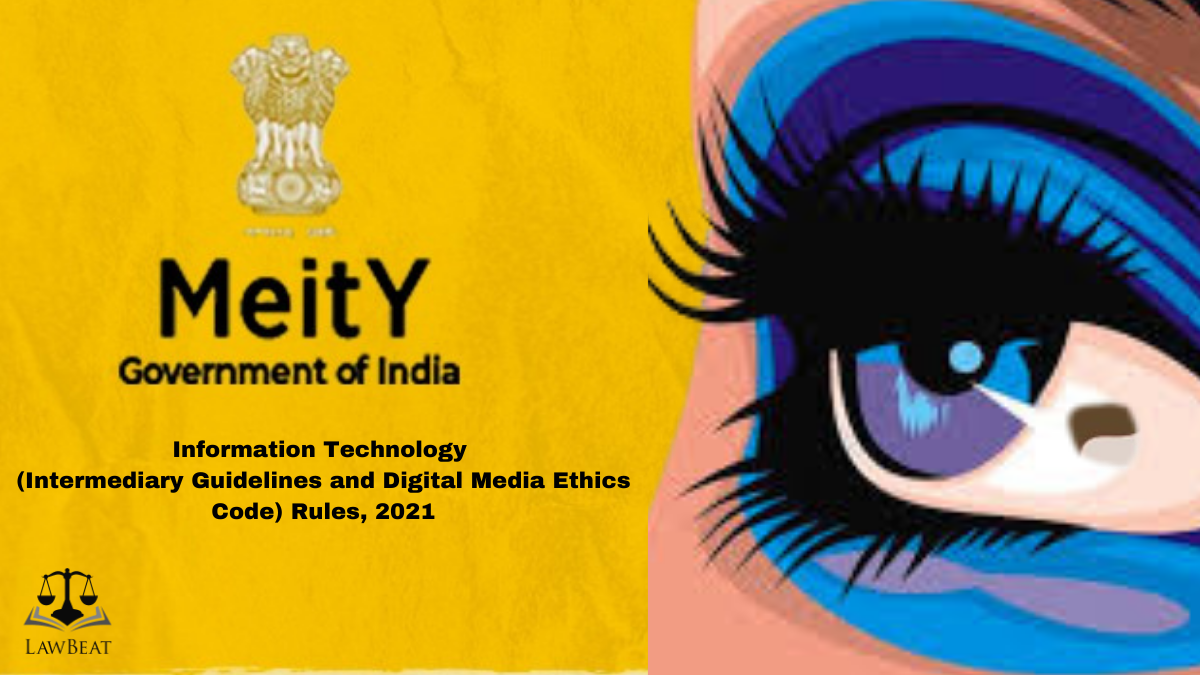Circulation of Rape Videos: The Letter To CJI That Led To Formulation Of Intermediary Guidelines & Digital Media Code Of Ethics

The Hon'ble Law Minister Ravi Shankar Prasad while unveiling the Information Technology (Intermediary Guidelines and Digital Media Ethics Code) Rules, 2021 ("Rules") on Thursday highlighted the rationale and justification for formulation of the Rules which, among other things, can be traced to a development that took place before the Apex Court in December 2018.
An organisation named Prajwala based in the old city of Hyderabad, addressed a letter dated February 18, 2018 to Hon'ble the Chief Justice of India. The letter mentioned two videos, one of which was 4.5 minutes long wherein one man was raping a girl and another was recording the incident. This incident appeared to have occurred somewhere in Delhi-Uttar Pradesh.
The second video was about 8.5 minutes long and was of a gang rape, wherein five men were seen raping a very young woman. The second video was from some “Bengali like speaking region”.
The letter further stated that apart from the entire incident of rape and gang rape being recorded, the same was also distributed through whatsapp. In this context, the letter also mentioned that, the organisation while launching a nationwide campaign #ShameTheRapist which was launched on 5th February, 2015 to expose the face of the rapists came across certain websites that catered to pornographic videos of sexual violence.
“The incidents indicate that the offence of rape is committed with impunity and the offender even has the audacity to flaunt the incident in the public domain through a video recording. This has a negative impact on the criminal justice system and also makes it difficult for the common people to report such matters to law enforcement agencies.”, the letter also stated.
In the letter, Prajwala made six suggestions:
(i) A CBI Probe into all such videos with the findings being made public;
(ii) Setting up of a Task Force on Sexual Crimes. The Task Force should be set up within the Ministry of Home Affairs and should also focus on technology driven sexual crimes.
(iii) A public friendly mechanism to report such videos. It is suggested that a mechanism could be evolved to have a secure email Id and also a toll free number which will enable citizens to report such crimes without any threat perception.
(iv) A National Sex Offenders Register of convicted sex offenders. This will be more in the nature of a Registry which will give publicity to the sex offenders which could include those indulging in eve-teasing, molesters, stalkers and rapists and other similar offenders.
(v) Tie-up of the Ministry of Home Affairs with Youtube and Whatsapp so that dissemination of offensive videos and material relating to sexual crimes is curbed and penal action taken against the offenders.
(vi) Specialised training of senior law enforcers on issues relating to sexual crimes and cyber space and other use of technology to tackle concerns from social media and other technology enabled applications such as whatsapp and youtube.
Thus, it was based on the contents of this letter that a suo motu petition was registered and noticed was issued to the States of Uttar Pradesh, West Bengal, Odisha, NCT of Delhi, Government of India, through the Secretary, Ministry of Home Affairs and the Secretary, Ministry of Communications and Information Technology by the Division Bench of Justice UU Lalit and Justice Madan B Lokur, Supreme Court.
On December 11, 2018, the Bench ordered Government of India to frame the necessary Guidelines / SOP and implement them within two weeks so as to eliminate child pornography, rape and gang rape imageries, videos and sites in content hosting platforms and other applications.
On September 24, 2019, the Court further directed the Ministry of Electronics and Information Technology to apprise the timeline in respect of completing the process of notifying the new rules.
Thus, with a view to provide a robust complaint mechanism, to enable the ordinary users of social media and OTT platforms to register their complaint & get it redressed within a defined timeline, the Ministry of Electronics and Information Technology in consultation with Ministry of Information and Broadcasting framed the Information Technology (Intermediary Guidelines and Digital Media Ethics Code) Rules, 2021.
Lack of transparency and absence of robust grievance redressal mechanism left the users totally dependent on the whims and fancies of social media platforms. But after the implementation of these Rules, the ordinary users of digital platforms are empowered to seek redressal for their grievances and command accountability in case of infringement of their rights.
